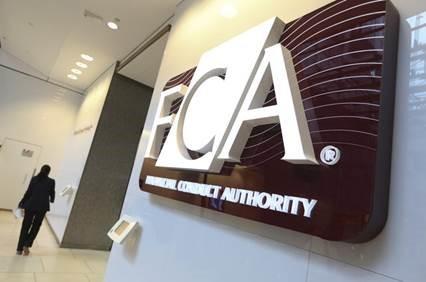FCA publishes final report on its Asset Management Market Study
Published: 29 June 2017

The UK Financial Conduct Authority (FCA) has published its Asset Management Market Study Final Report. A summary of the report, interspersed with information from a briefing that the FCA gave to AIMA and other trade bodies on 28 June, follows.
The FCA received more than 150 responses to the consultation from all sorts of domestic and international organisations and individuals. Although their final report confirms the key findings from interim report, the FCA was keen to point out that they did fully take on board and listen to all the feedback they received, but decided the feedback confirmed rather than changed their views.
Weak price competition in the industry is the report’s key finding. Other findings included:
- There is no clear relationship between the charges and gross performance of retail active funds (i.e., paying more does not mean you get higher returns), although there is evidence of a negative relationship between net returns and charges.
- Worse performing funds were more likely to be closed or merged into better performing funds.
- There are concerns about how asset managers communicate their objectives (pointing specifically at closet index trackers as an example).
- Investors’ awareness and focus on charged is mixed and often poor.
- Institutional investors often rely more on investment consultants when making decisions and the FCA has concerns about the investment consultant market.
- Retail investors do not appear to benefit from economies of scale when they pool their money together.
The FCA also tried to make more explicit that they are not trying to favour passive management over active management and have tried to make that clearer in the final report. What they want is clarity about what is being invested in, what people are paying for it and enabling people to make informed choice about which product to choose.
The package of remedies the FCA has put forward is in three parts:
Firstly, they propose remedies which are meant to provide protections for investors who are not well placed to find better value for money. These remedies focus for the moment on UK domestic authorised funds and their authorised fund managers and are all set out in detail in the accompanying consultation paper – CP17/18. The remedies include:
- Strengthening the duty on fund managers to act in the best interests of investors through clarifying expectations around value for money, increasing accountability through the extension of the senior managers’ regime and introducing a requirement for at least two independent directors on AFM boards.
- Requiring fund managers to return any risk-free box profits to the fund and disclose box management practices.
- Facilitating switching of investors into cheaper share classes.
The consultation paper does ask about extending these remedies to other types UK domestic products as well, but does not suggest that these remedies might be extended more broadly to non-UK funds or products.
Secondly, FCA sets out remedies meant to drive competitive pressure on asset managers. The further consultation(s) are due out later this year. These remedies include:
- Potentially imposing a requirement for the disclosure of a single all-in fee to investors. The FCA thinks MiFID II and PRIIPs get them to the right place but they will be doing some work around how it is presented and will also be looking at the areas that MiFID II won’t cover. The disclosure would include a fixed all in fee and estimate of transactions costs and distribution charges, and then actual transactions costs have to be reported after the investment.
- The FCA also wants to see standardised disclosure of costs and charges to institutional investors. The FCA wants to see a group of investors and managers guided by an independent chair come up with something useable and standardized for institutional investors regardless of size and regardless of type of investment strategy. Any standardised disclosure required will not limit investor ability to ask for more information or for information in a different form. They have suggested building on the IA Code work and extending it to the alternative investment space. It is also worth noting here that there is no precise indication given about the basis on which any such requirement would apply or whether it would apply to non-UK funds, although the discussion around this point does reference MiFID II disclosure requirements and suggests a template for those disclosures is what they want to see.
- The FCA will also chair a working group to consider how to make investment objectives and benchmark use clearer to investors. We understand that this work is again likely to be focused on UK domiciled authorised funds and their authorised fund managers, but this may also evolve before any eventual consultation is published.
- Finally in this are the FCA will also be reviewing how barriers to pension scheme consolidation could be removed.
Thirdly, the FCA will be working on proposals to improve the effectiveness of intermediaries, rejecting the undertakings in lieu that have been offered by investment consultants and referring them to the Competition and Markets Authority for further investigation. The FCA is also recommending the investment consultants be brought within the regulatory perimeter, subject to the investigation by the CMA. The FCA will also be launching a market study into investment platforms with the terms of reference due out within the next month and the findings to be published in around 18 months’ time.








